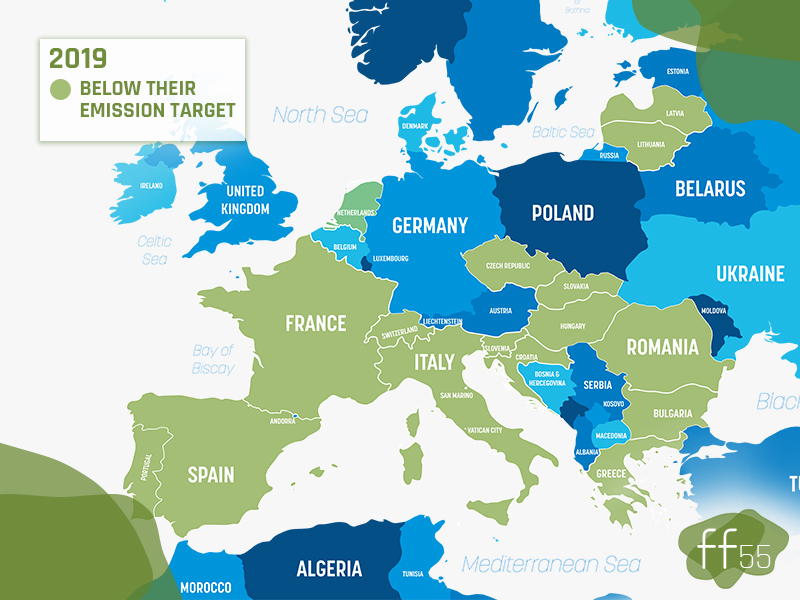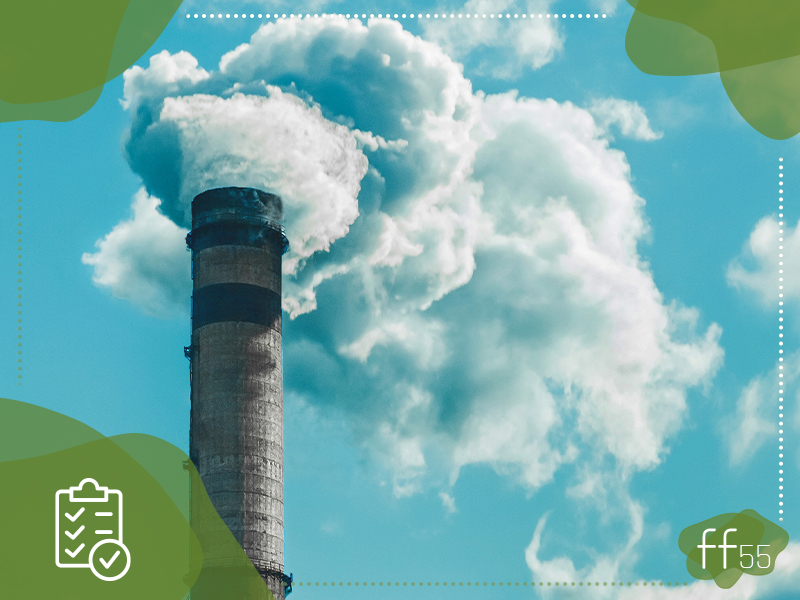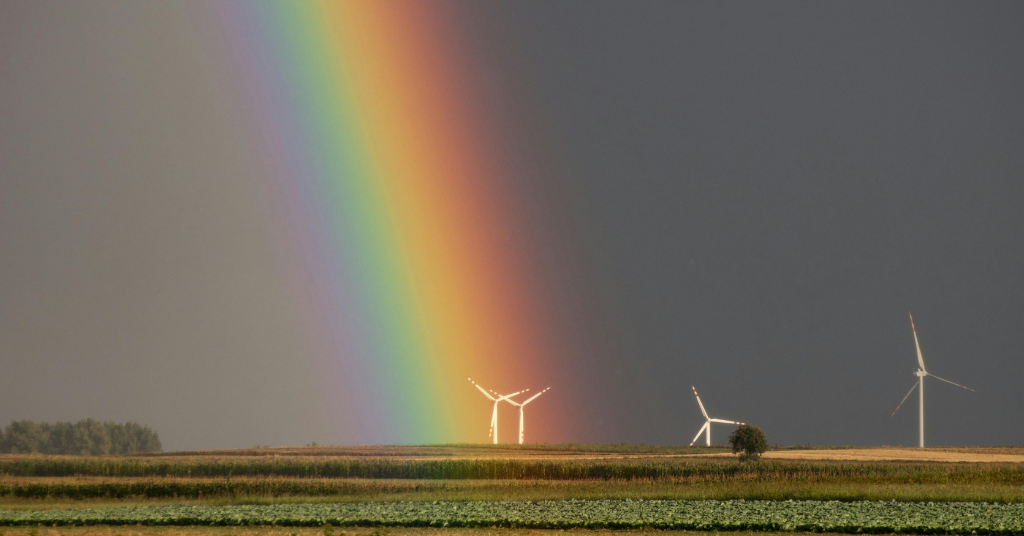The basic principle of economy is that if the supply is low and the demand is high then the price will be high too. If you need permission to emit green house gases and the “number of permissions” is limited, the price of these will grow.
This is exactly what the Emissions Trading System (ETS) does. It puts a price tag on these permits for polluters – from airlines to power plants, industries that are responsible for approximately 40% of emissions.
While prices were rather low for years, Europe’s new legislation pumped prices up to €50 more than it was before.
Fit for 55 puts even more limitations on new permissions and extends the obligations to more and more industries.
Are we on track?
Some countries are, some aren’t. The good news is that in 2019 Bulgaria, Croatia, the Czech Republic, Denmark, France, Greece, Hungary, Italy, Latvia, Lithuania, the Netherlands, Portugal, Romania, Slovakia, Slovenia, Spain and Sweden were below their emission target for the year. But the bad news is that in the first Covid year (2020) six EU Member States still didn’t reduce their emissions below their 2020 target, despite the lockdown.

Last year the European Commission proposed a revision of national targets and annual emission allocations for 2021-2030 to reflect an increased ambition for 2030 while recognising different capabilities of economies – the new targets range from 10% to 50% below 2005 levels.
What more to expect?
Further reduction of emissions would be obviously needed, however, extending the legislation to construction and building industries or to the road transportation after aviation and maritime shipping may alienate politicians, especially in countries where higher fuel prices, as far as they’re concerned, would hit their economies badly.
It’s our responsibility as citizens to reduce our consumption – it will have a direct impact on production and transportation, so we can help our countries’ leaders to make the (only) right decision.




